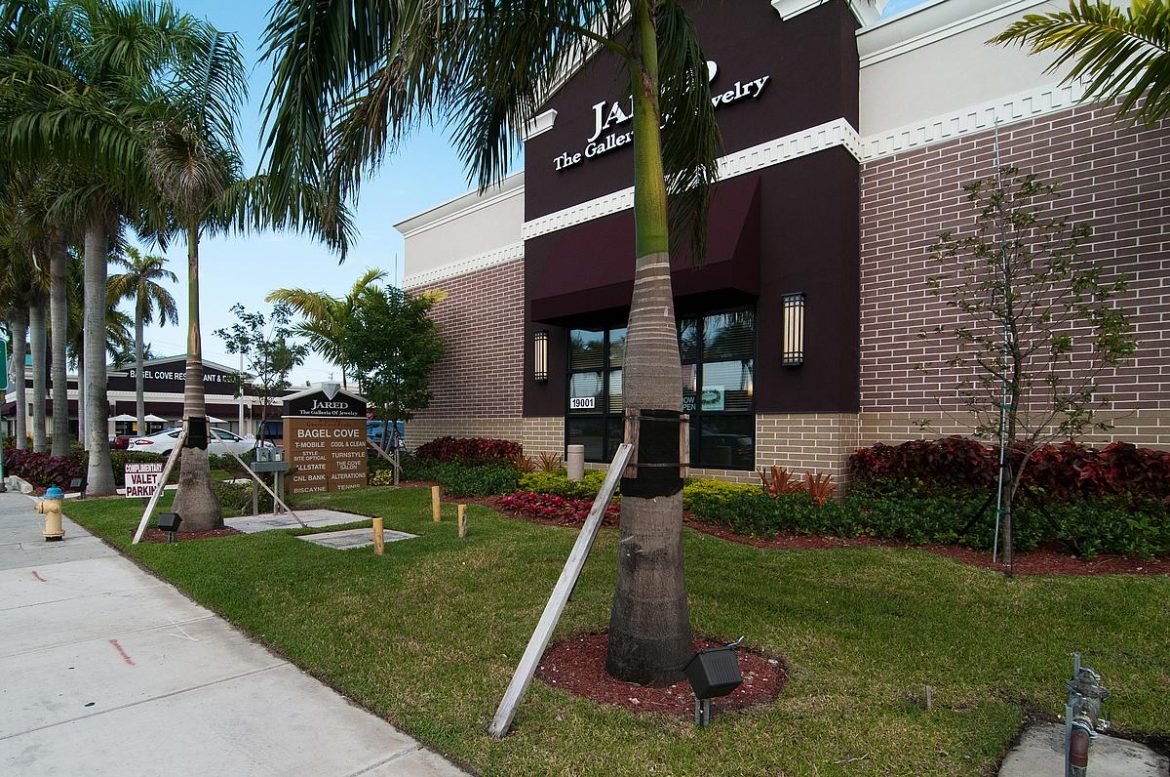After more than a dozen residents described public sex acts, defecation and the need to carry a gun when going outside, the Miami Beach Planning Board backed a proposed ordinance to ban new apartment hotels in certain areas of the city’s South-of-Fifth neighborhood.
The 5-to-0 vote last week will prevent property owners in a large chunk of residential South-of-Fifth from converting their buildings into apartment hotels, at least temporarily. The Miami Beach City Commission still has to give its final approval for the ban to be permanent.
The proposed ordinance seeks to close a loophole that allowed developers to turn apartment buildings and condos within South-of-Fifth’s residential area into hotels, a trend that has “negatively impacted existing residential apartment uses, as well as the residential character of the RPS-1 and RPS-2 districts,” Planning Director Tom Mooney wrote in a memo to planning board members. “RPS” stands for residential performance standard.
Legislation allowing apartment hotels was originally intended to encourage the preservation of historically significant buildings with structures that were both residences and hotels. Instead, Mooney stated, developers only used one unit as a full-time residential apartment and the rest of the units as short-term rentals.
Fifteen South-of-Fifth residents called in during public comments to beg board members to shut down apartment hotels in their area. Many described horrendous behavior that they blamed on guests of short-term rentals within apartment hotels.
Gerardo Gonzalez, president of 360 Meridian, told board members that he often sees people “urinating, defecating, and performing live sex acts in the street.”
“I can see it from my balcony. I never imagined five years ago that South-of-Fifth has become the zoo it has now. It’s chaos down here,” Gonzalez said. “As a matter of fact, I had to carry my gun around, and I never used to carry my gun around… Now when I go out with my daughter or my wife, I’ve got to carry my gun. And my wife is also carrying.”
Keith Marks, a resident of the Continuum and a board member of the South-of-Fifth Neighborhood Association, denounced apartment hotels as lawless businesses.
“To call it a hotel is a disservice to a hotel. A hotel has a front desk. They have liability. They have security. They have some rule of law, even though some hotels are bringing elements that we are not thrilled about in the South-of-Fifth area,” he said.
Marks told the board he was shocked to see in The Real Deal that a realtor was “actually promoting this as a great idea for investors, and that they should start buying up old apartment complexes and turn them into this so they can make money on Airbnb short-term rentals.”
Marks confirmed to TRD that he was referring to a July 16 article about nightlife entrepreneur Louis Puig paying $5.6 million for a 24-unit apartment building with the intent of turning it into a 20-room “boutique” apartment hotel.
The listing agent, Susan Gale of One Sotheby’s International, said that the building at 333 Jefferson Avenue was the “the type of property everyone is looking for,” adding: “There’s a tremendous amount of cash buyers coming from everywhere looking for properties like this because Airbnb has become super popular.”
In December, a 13,000-square-foot lot at 200 Collins Avenue with an apartment building and an office building sold for $6 million. A spokesman for the buyer told TRD that an apartment hotel under the Vonder brand name would be established on the property, with rooms rented out for between $200 and $450 a night.
The Miami Beach legislation will have no effect on apartment hotels that already operate in South-of-Fifth’s residential zones. Developers who have already obtained a building permit can still continue with plans to build their apartment hotels, a city planner confirmed during the meeting. The code won’t stop more apartment hotels from being established in other parts of the city, either.
No one at the meeting spoke in favor of apartment hotels.
Giselle Franco, a real estate agent affiliated with the Susan Gale Group, told TRD that apartment hotels are being unfairly blamed for bad behavior that’s occurring everywhere in Miami Beach by people taking advantage of “insanely cheap rates” during the pandemic.
“A lot of unit owners want to turn their apartments into [short-term rentals]. They make a lot more income that way than by renting it month-by-month,” Franco said.
So far in Miami Beach, the pendulum is starting to swing somewhat against hoteliers and late-night alcohol-serving properties.
Following complaints from Flamingo Park residents, the city will be holding a hearing on Sept. 28 regarding revoking an outdoor entertainment permit for the roof deck of the Goodtime Hotel. And in July, the Miami Beach City Commission failed to get enough votes to approve legislation that would have allowed Ronny Finvarb to build a hotel at 1790 Alton Road, after Sunset Harbour homeowners feared that another hotel could make the neighborhood less residential and more like Ocean Drive.
Last May, a slight majority of the commission passed legislation that would stop alcohol service on Ocean Drive and Collins Avenue within the entertainment district at 2 a.m. instead of 5 a.m., a move that was backed by real estate developers Don Peebles, Jorge Pérez, and Barry Sternlicht. The owners of the Clevelander successfully sued to overturn the early closure less than a month later, although the decision is now under appeal. On November 2nd, Miami Beach residents will also be asked, in a non-binding referendum, if last call should be rolled back from 5 a.m. to 2 a.m. citywide.
Source: The Real Deal

